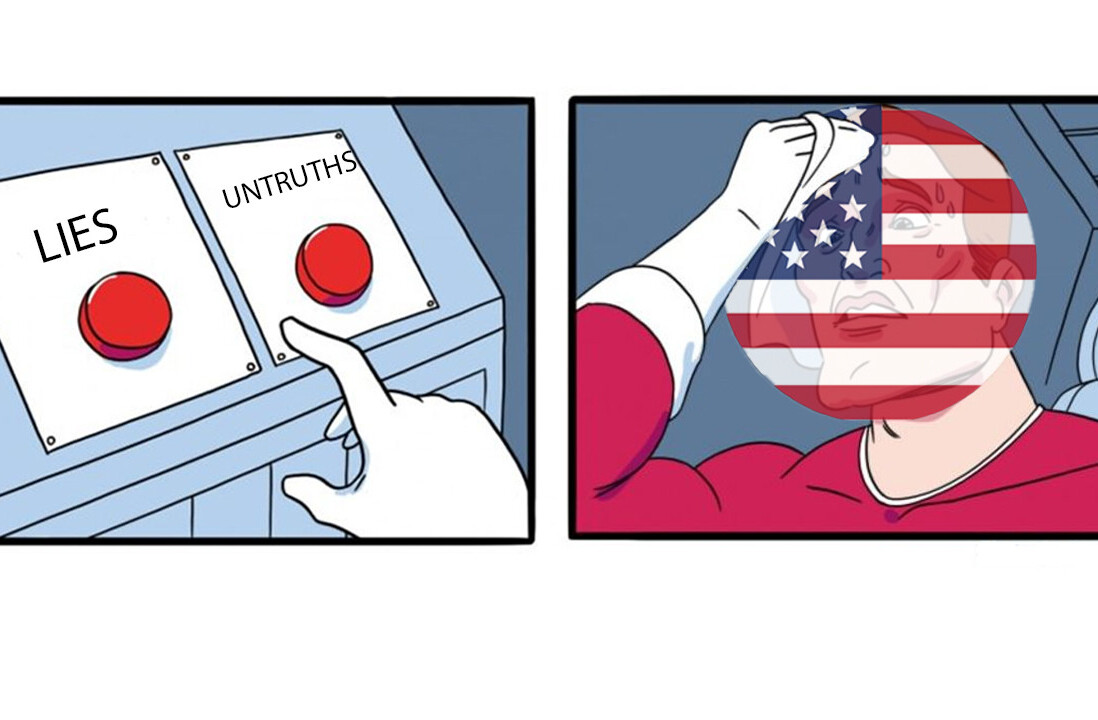
Artificial intelligence experts have come together at the World Economic Forum in Davos to discuss the future – or lack of – for autonomous killer robots.
Despite calls for a ban made by people like Tesla’s Elon Musk last year, Sir Roger Carr, the chairman of British weapons manufacturer BAE, said that 40 countries are currently working on this tech, including the United States.
The US is the leader in this field, Carr said, despite the fact that it is the only country in the world that has banned their use, if only for a decade starting in 2012.
Angela Kane, the UN’s representative for disarmament, said that while conversations for creating international law on this started in 2014, little progress has been made.
She explained that policymaking is just not keeping up with advances in this technology and said there isn’t even an accepted definition of what a killer robot, or “autonomous weapon” really is.
Stuart Russell, professor of computer science at UC Berkeley and one of the signatories of the open letter last year calling for a ban, said that within 18 months to two years: “If humans choose to give the instruction to wipe out all males in a certain city, they can do that.”
Although not governed by a specific law, all of the panelists agreed that giving the decision to kill to a robot would break the conventions of war.
The audience at Davos and beyond was polled during the chat about their views on autonomous killer bots.
People were more likely to be in favor of sending robots to die instead of their own sons or daughters, but were less likely to want their enemy to send killer robots hunting for them.
➤ [WEF]
Get the TNW newsletter
Get the most important tech news in your inbox each week.




